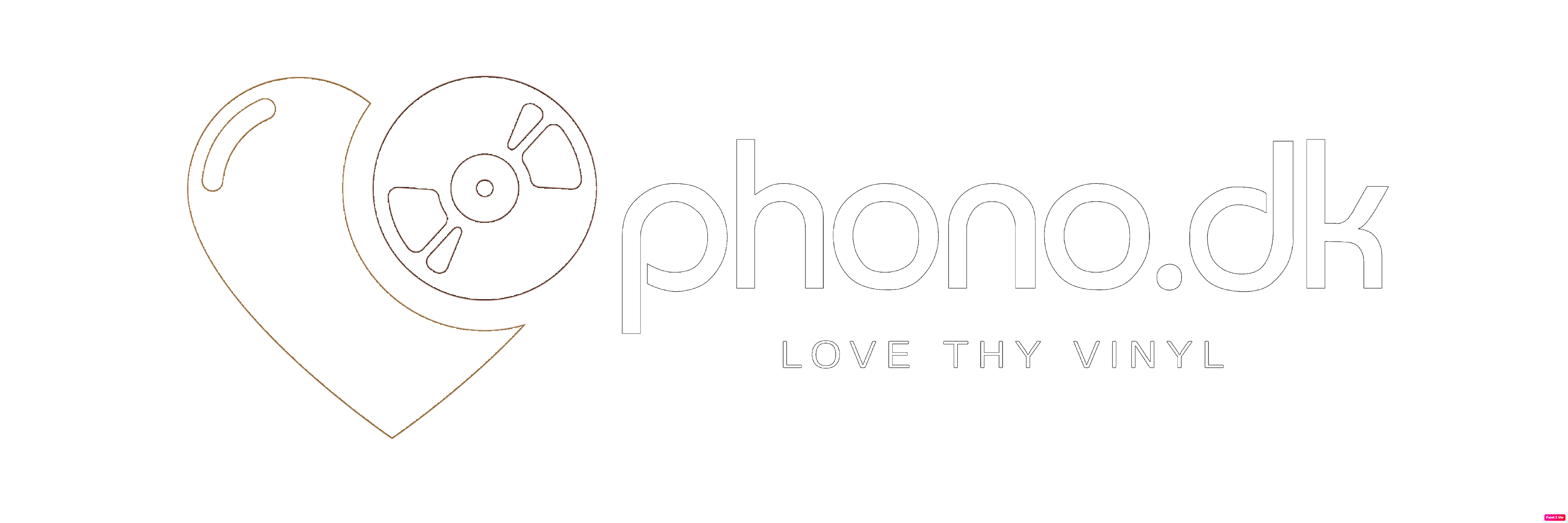The Let It Be album has been newly mixed by producer Giles Martin and engineer Sam Okell in stereo, 5.1 surround DTS, and Dolby Atmos. The album's sweeping new Special Edition follows the universally acclaimed remixed and expanded anniversary editions of Sgt. Pepper's Lonely Hearts Club Band (2017), The BEATLES ('White Album') (2018), and Abbey Road (2019). All the new Let It Be releases feature the new stereo mix of the album as guided by the original "reproduced for disc" version by Phil Spector and sourced directly from the original session and rooftop performance eight-track tapes. The physical and digital Super Deluxe collections also feature 27 previously unreleased session recordings, a four-track Let It Be EP, and the never before released 14-track Get Back stereo LP mix compiled by engineer Glyn Johns in May 1969.On January 2, 1969, John Lennon, Paul McCartney, George Harrison, and Ringo Starr kickstarted the new year together on a cavernous soundstage at Twickenham Film Studios in London. The Beatles jumped into rehearsals for a project envisioned to get them back to where they once belonged: onstage. For 21 days, cameras and tape recorders documented almost every moment: first at Twickenham and then at The Beatles' own Apple Studio, where Billy Preston joined them on keyboards. Together they rehearsed brand new originals and jammed on older songs, all captured live and unvarnished. On January 30, the cameras and recorders were rolling as The Beatles, with Preston, staged what was to be their final concert on the chilly rooftop of their Savile Row Apple Corps headquarters before a small assembly of family and friends, and any others who were within wind-carried range of their amps. The midday performance brought London's West End to a halt as necks craned skyward from the streets and the windows of neighboring buildings were flung open for better vantage. A flurry of noise complaints drew police officers to the rooftop, shutting the concert down after 42 minutes. Work to compile an album to be called "Get Back" was carried out in April and May by Glyn Johns, who, for his version, included false starts, banter between songs, early takes rather than later, more polished performances, and even "I've Got A Feeling" falling apart with John explaining, "I cocked it up trying to get loud." The Beatles, however, decided to shelve the project's copious tapes, film reels, and photos, in order to record and release their LP masterpiece, Abbey Road. Drawn from the tapes made in January 1969, plus some sessions which preceded and followed those recordings, The Beatles' final album, Let It Be, was eventually issued on May 8, 1970 (May 18 in the U.S.) to accompany the release of the Let It Be film.The sessions that brought about the Let It Be album and film represent the only time in The Beatles' career that they were documented at such great length while creating music in the studio. More than 60 hours of unreleased film footage, more than 150 hours of unreleased audio recordings, and hundreds of unpublished photographs have been newly explored and meticulously restored for three complementary and definitive Beatles releases this fall: a feast for the senses spanning the entire archival treasure. The new Let It Be Special Edition is joined by "The Beatles: Get Back", the hotly-anticipated documentary series directed by three-time Oscar®-winning filmmaker Peter Jackson, and a beautiful new hardcover book also titled The Beatles: Get Back. The raw sources explored for the new projects have revealed that a more joyous, benevolent spirit imbued the sessions than was conveyed in the 1970 Let It Be film's 80 minutes."I had always thought the original film Let It Be was pretty sad as it dealt with the break-up of our band, but the new film shows the camaraderie and love the four of us had between us," writes Paul McCartney in his foreword for the Let It Be Special Edition book. "It also shows the wonderful times we had together, and combined with the newly remastered Let It Be album, stands as a powerful reminder of this time. It's how I want to remember The Beatles."

